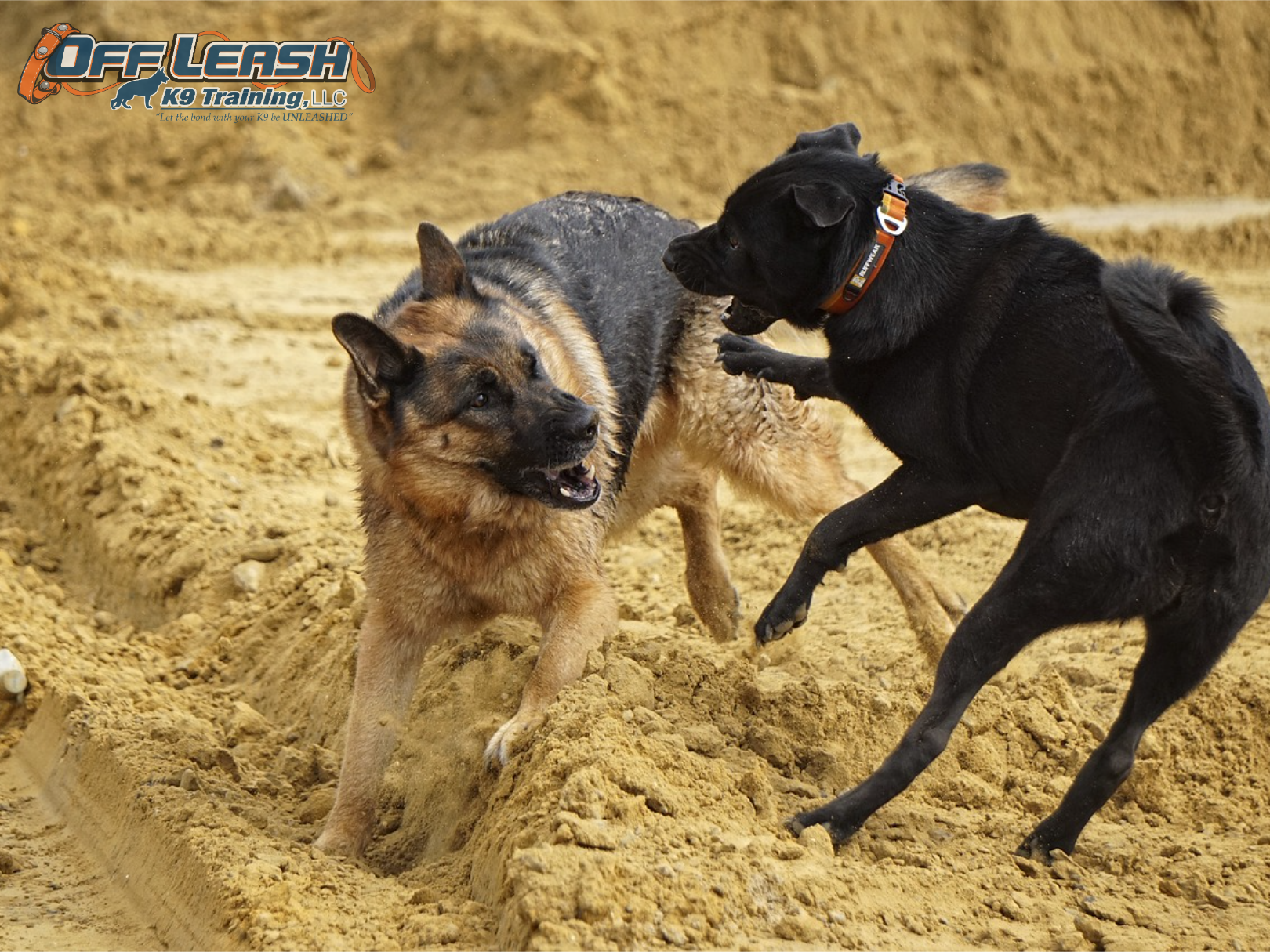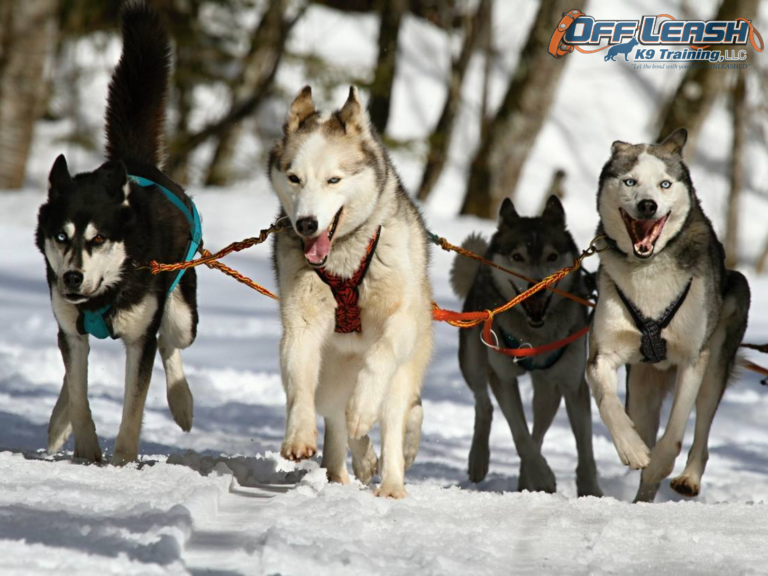The Dark Side of Dog Parks: Understanding the Risks and Safer Alternatives
This article provides an overview of the controversy surrounding dog parks, highlighting the risks and issues associated with them, and offering safer alternatives for socializing dogs, such as forming playgroups and utilizing professional training services like Off Leash K9 Training of Corpus Christi.
Overview of Dog Park Controversy
The advent of dog parks can be traced back to a growing need for designated areas where dogs could enjoy off-leash freedom in increasingly urbanized environments. These communal spaces were envisioned as utopias where canines could expend energy, engage in play, and interact socially with their peers. This vision quickly caught on, leading to the widespread establishment of dog parks across many communities. Despite their initial popularity, a growing body of evidence and firsthand experiences have sparked a contentious debate about the true impact of these spaces on canine and human well-being. Critics of dog parks point out a range of issues, from safety concerns to the potential for negative behavioral impacts on dogs. They argue that the reality of dog parks often falls short of the ideal, questioning whether these spaces truly serve the best interests of dogs and their owners.
This controversy has only intensified as more people have shared stories of negative experiences within these ostensibly communal havens. Reports of dog fights, disease transmission, and inadequate owner supervision have cast a shadow over the concept of dog parks as safe and beneficial spaces for canine socialization. Proponents of dog parks maintain that with proper management and responsible pet ownership, these spaces can fulfill their original purpose. However, detractors argue that the inherent risks and the frequency of adverse incidents suggest a fundamental flaw in the dog park model. This ongoing debate underscores the need for a critical reevaluation of dog parks and their role in modern pet ownership, prompting many to seek safer and more controlled alternatives for socializing and exercising their dogs.

Risks and Issues Associated with Dog Parks
The inherent risks and issues associated with dog parks primarily stem from the complex dynamics of canine social interactions, especially in environments devoid of a clear pack structure. Without this crucial hierarchy, dogs are often thrust into situations where they feel compelled to assert dominance or submit to others, leading to potential aggression and conflicts. This is particularly evident in larger dog parks where numerous dogs of varying sizes, breeds, and temperaments interact. A lack of familiarity among these dogs can escalate into dominance struggles, not only posing a danger to the dogs themselves but also risking the safety of owners and other park-goers.
Moreover, the communal nature of dog parks significantly increases the likelihood of dogs contracting diseases and parasites from one another. The shared water bowls, toys, and open spaces become hotspots for the transmission of illnesses, making it easy for an otherwise healthy dog to return home with more than just tired legs. This aspect of dog parks underscores the importance of vigilant health monitoring and vaccinations, yet even the most careful precautions cannot always prevent exposure to sick dogs. Beyond the physical health risks, dog parks can also be the setting for traumatic experiences that potentially alter a dog’s behavior and confidence in the long term. A single negative encounter can have lasting effects, making dog parks a gamble not worth taking for some dog owners.
Behavioral and Health Consequences
The interaction of dogs within the confines of a dog park can often resemble a complex dance of varying play styles, not all of which harmonize well together. For example, a dog with a boisterous and physical style of play may inadvertently frighten or even injure a dog with a more subdued or cautious demeanor. These mismatches can quickly escalate into conflicts, stressing both the dogs and their owners, and potentially leading to long-term behavioral issues such as defensive aggression. This underscores the critical need for owners to recognize and understand the nuances of canine play styles to avert such negative encounters.
Furthermore, the dog park environment, with its inherent lack of structure and supervision, can become a breeding ground for learned disobedience and facilitated aggression. Dogs are highly social creatures that learn from their surroundings and, in a setting where inappropriate behaviors are not promptly corrected, they may begin to adopt these undesirable traits. For instance, a dog witnessing another dog’s aggressive behavior towards strangers could start to mimic this behavior, believing it to be acceptable. This lack of behavioral monitoring not only jeopardizes the well-being of the dogs involved but also poses significant risks to the community. Hence, it becomes evident that understanding and managing dog behavior in these communal spaces is not just beneficial but essential in preventing adverse outcomes.
 Safer Alternatives for Socializing Dogs
Safer Alternatives for Socializing Dogs
Exploring safer alternatives to dog parks is crucial for the well-being of our canine companions, especially when considering the myriad of risks dog parks pose. One highly recommended approach is the formation of playgroups consisting of well-acquainted and temperamentally compatible dogs. This method allows for controlled socialization sessions where dogs can interact in a safe, familiar, and structured setting, significantly reducing the risk of negative encounters that can result from unpredictable interactions at dog parks. Such playgroups can be organized among friends, neighbors, or through local community forums and social media groups dedicated to dog owners.
In addition to playgroups, dog daycares offer a professionally supervised environment where dogs can engage in play and social activities under the watchful eyes of trained staff. These facilities typically conduct temperament assessments to ensure compatibility among dogs, thus minimizing the potential for conflict. Furthermore, engaging dogs in structured activities like jogging, hiking, or agility training not only provides them with the necessary physical exercise but also offers a form of mental stimulation and socialization that is devoid of the risks associated with dog parks. These alternatives not only foster a positive socializing experience for dogs but also peace of mind for their owners. For those seeking expert guidance in training their dogs for socialization and obedience in a variety of settings, Off Leash K9 Training of Corpus Christi provides a comprehensive range of services. Their experienced trainers specialize in private lessons and behavior consultations, focusing on creating a strong bond between dogs and their owners while ensuring a high level of obedience and social behavior.
Conclusion
Dog parks, while popular, come with a set of inherent risks and challenges that can sometimes outweigh their benefits. These concerns range from potential health hazards due to exposure to sick dogs, to the risk of traumatic experiences that can adversely affect a dog’s confidence and behavior. Moreover, the lack of structured pack dynamics at dog parks can lead to dominance issues and aggression, creating an unsafe environment for dogs and their owners alike. It is clear that while dog parks aim to offer a space for exercise and socialization, they may not always be the best option for every dog or owner.
In light of these concerns, it’s crucial for dog owners to explore safer, more controlled alternatives for their pets’ socialization and training needs. This is where Off Leash K9 Training of Corpus Christi steps in as an exemplary solution. Specializing in private lessons, behavior consultations, and a unique training methodology that guarantees 100% obedience, 100% off-leash, and 100% distraction-proof dogs, Off Leash K9 Training offers a comprehensive approach to dog training. Their team of experienced trainers ensures personalized attention to meet the specific needs of each dog, making it an ideal alternative to the unpredictable environment of dog parks. For dog owners seeking to ensure their pets receive the best in training and socialization, visiting https://corpuschristidogtrainers.com/ is the first step towards achieving a well-behaved and confident pet, without the risks associated with dog parks.



 Safer Alternatives for Socializing Dogs
Safer Alternatives for Socializing Dogs




